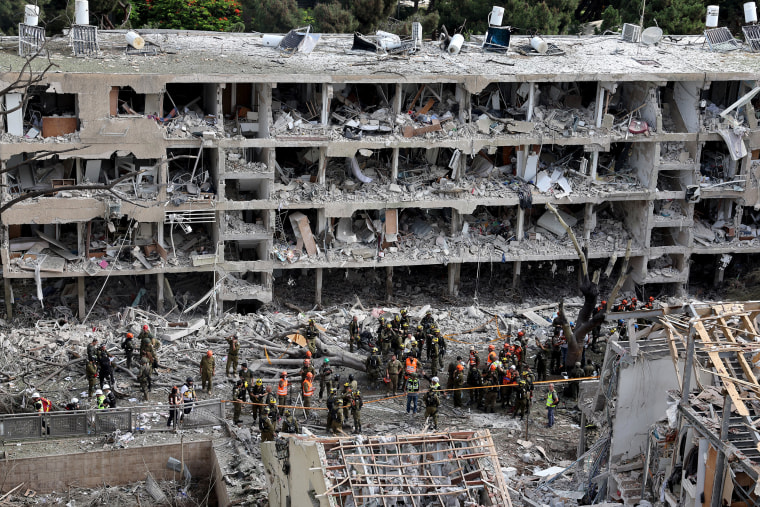U.S. Strikes on Iran Nuclear Facilities Ignite Global Response and Calls for Caution
The recent U.S. military strikes against Iran’s nuclear facilities have raised serious concerns regarding potential escalation in the ongoing conflict between Israel and Tehran. World leaders reacted on Sunday, advocating for diplomatic dialogue while expressing anxiety over the implications of Washington’s actions. President Trump had indicated on Thursday that a decision on U.S. involvement would take up to two weeks, yet within days, strikes were executed, aligning with Israel’s military operations.
While the full extent of the damage from the strikes remains uncertain, President Trump hailed the operation as a “spectacular military success,” emphasizing the precision of the attack on key Iranian nuclear sites, namely Fordo, Natanz, and Isfahan. In response, Iran has vowed to retaliate, warning that U.S. military installations in the region could become targets if hostilities continue. Trump’s warning to Iran highlighted the stakes involved, with approximately 40,000 American troops stationed near potential targets.
Reactions from Key Players
As international leaders weighed in on the situation, reactions varied significantly:
| Country/Group | Reaction |
|---|---|
| Israel | Prime Minister Netanyahu praised U.S. strikes as a demonstration of strength. |
| Iran | Vowed to retaliate, labeling the attack a violation of sovereignty. |
| Russia | Condemned the strikes as irresponsible and a breach of international law. |
| United Nations | Secretary-General Guterres called for de-escalation and diplomatic discussions. |
| Saudi Arabia | Expressed deep concern and urged restraint. |
| China | Questioned whether the U.S. is repeating mistakes made in Iraq. |
Regional and Global Implications
Iran’s military response has been described as inevitable, with calls for a united front against perceived American aggression from groups like the Houthis and Hamas. Iranian military officials urged for the defense of the nation’s interests, highlighting the sensitivity of U.S. military bases in the region and promising severe responses to any further escalation.
Other nations, particularly in the Middle East, have echoed sentiments of concern. Lebanese Prime Minister Nawaf Salam urged the necessity for Lebanon to remain uninvolved, while Saudi Arabia called for diplomatic solutions to avoid further conflict. New Zealand’s foreign minister and Australia’s government also emphasized the importance of dialogue over military action.
As the situation develops, the potential for wider regional instability grows, underscoring the need for a diplomatic approach to mitigate risks of escalating violence. Nations across the globe are monitoring the crisis closely, as further military interventions could lead to dire consequences for not just the Middle East, but worldwide security.


